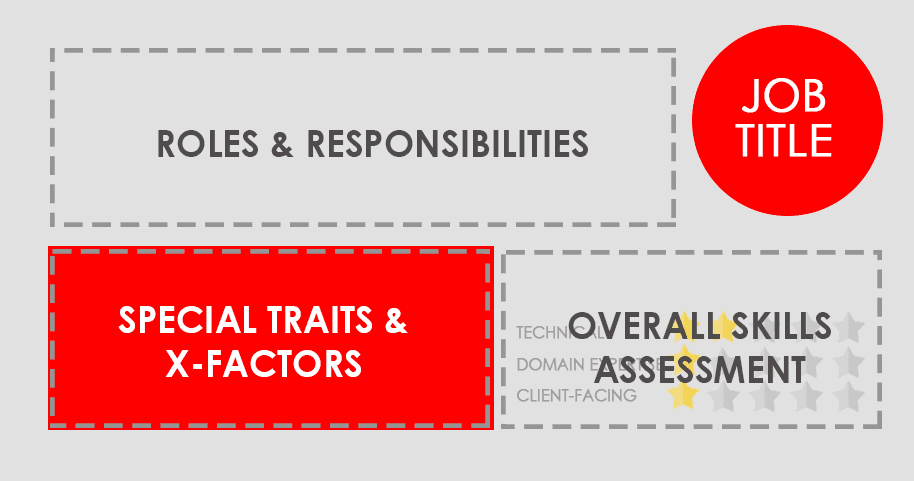Building a Michelin-starred Data and Analytics Team
Click to download a printable handout below.We are truly in an era where data and technology are transforming consumer products as well as the businesses that produce them. This is no more prevalent than in the Marketing Department, and in the many types of agencies and service providers that support them. But with this growing opportunity has come confusion and complexity, with the development of new roles in Data & Analytics to handle increasingly specialised tasks.A high-performing Data & Analytics team is similar to an award-winning restaurant. A restaurant if a combination of front-of-house roles – those who service customers directly, and back-of-house roles – the chefs who prepare the food. Amongst the team of chefs who work closely together are many specialised roles – some are experts on the grill, some with preparing pastries and desserts. The needs of customers are continually evolving, and so the dishes the chefs design are also changing.And so too in a Data & Analytics team. The front-of-house roles work with internal stakeholders or external clients to understand their needs. In response, the analysts, architects and others in the back-of-house team then work together to combine different data in different ways, ultimately producing meaningful insights and recommendations. And like a good restaurant, the types of methods and analysis are continually evolving to meet the needs of customers.We have outlined some of the more common roles you will find in today’s Data & Analytics team. Certainly not all organisations with require all these functions, and indeed many will require more – you should design your team to match the needs and opportunities of your markets.
 KEY
KEY

Overall skills assessment
- Technical - proficiency in data programming languages such as Python and Java, database language such as SQL. Level of understanding in Hadoop, Sparks, Glue or parallel big data processes, as well as data architecture.
- Domain expertise - level of understanding of how media is being bought and various channel performance. This may include technical understanding such as campaign implementation or strategic work.
- Client-facing - a measure of communication skills and client-facing requirements in the role.
AUTHORS & CONTRIBUTORS:
IAB SEA+India Analytics Committee
- Albert Largoza, Account Director, Mobilewalla
- Damien Crittenden, Vice President, Client Strategy, Xaxis
- Firman Misran, Associate Director, Data Advisory, Mindshare
- Karen Schuster, Insight & Solutions Lead, APAC, Unruly
- Martyn Uren, Head of Research, APAC & MENA Twitter

